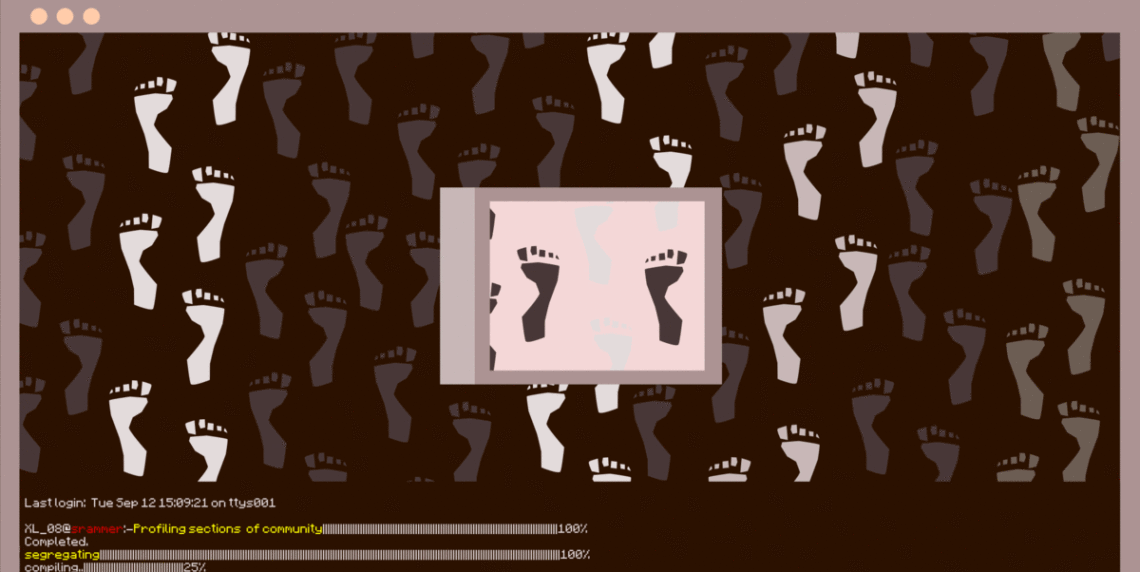Thinking beyond the Individual – Research paper published by FITS scholar, Varunavi Bangia
The following research paper has been written by Varunavi Bangia, a graduate from NUJS who was mentored by SFLC.in under the Facebook India Tech Scholar(FITS) program. The Program was organized by Meta in collaboration with Shardul Amarchand Mangaldas & Co. (SAM) as the knowledge partner. SFLC.in does not necessarily endorse the views taken by the FITS scholar or the organizers of the program.
Summary
“Data protection frameworks across the world are premised on two very important foundations. First, that the individuals lie at the heart of privacy protection, and second that technological tools are an effective strategy to provide privacy protection. While these foundational assumptions have been systematically challenged in the past, little effort has been made by regulators to adopt a rights-based approach that recognises the insufficiencies of the present model of data protection legislation worldwide. Significantly, the most recent version of the Data Protection Bill in India which introduced the governance of personal and non-personal data within the same law for the first time, was also set aside by the government, in an effort to rework the data protection framework from scratch. Certain technological innovations in the past few decades have often evaded legal scrutiny. This has left a gap in the regulatory understanding of what it is that needs protection and from what. To understand the gap between legal regulation and technological advancement, one must grapple with the reality of how the data economy operates. This paper attempts to bridge this gap by focussing on regulatory blind spots such as inferential data, non-personal data, and group privacy rights. This paper proceeds to first develop an understanding of why we need to fundamentally alter the lens with which we regulate data and recommends a shift in the focus on protecting people and not data. It moves on to developing an understanding of a collective rights framework specifically for the issues arising in the digital economy. The paper borrows concepts from anti-discrimination law to see how different kinds of profiling can be tackled.”




